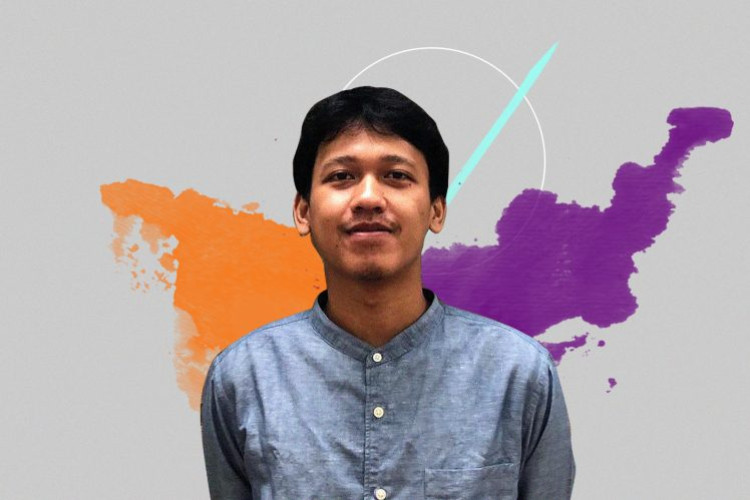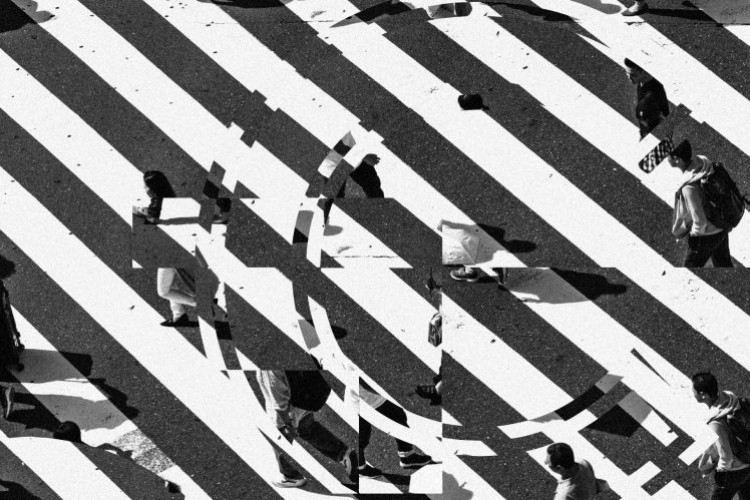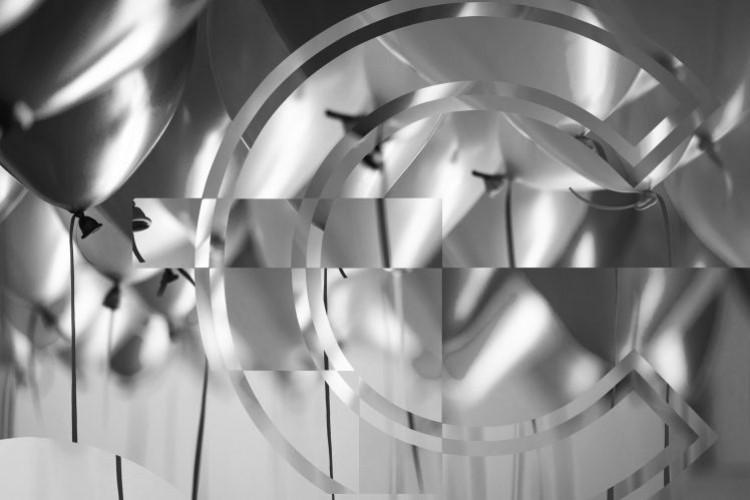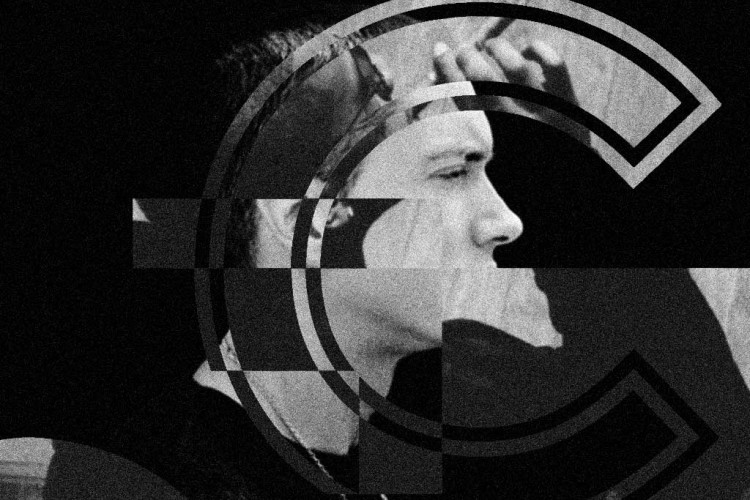
Dear Murakami-San,
First of all, I would like to apologize for the audacity of my addressing this letter to you. I am apologizing because this is not a fan letter. I am writing to you because I am lonely. I’ve read several of your books of course. Some I enjoyed, some not so much. I am writing to you because I need a friend and I would like to think that perhaps if our paths had crossed, you would be someone I’d like to talk to. I am trying to calm my restless heart and nothing else seems to be working. I remember crying my eyes out when I first read What I Talk About When I Talk About Running. I was nursing a broken heart and you made me feel less alone because the things you wrote echoed some of the things I felt.
Human beings’ emotions are not strong or consistent enough to sustain a vacuum…The thoughts that occur to me while I’m running are like clouds in the sky…They come and they go, while the sky remains the same sky as always. The clouds are mere guests in the sky that pass away and vanish, leaving behind the sky. The sky both exists and doesn’t exist. It has substance and at the same time doesn’t. And we merely accept that vast expanse and drink in it. (17)
How uncanny! I was actually sitting on a flight from Singapore back to Jakarta, watching the clouds roll by. It’s sort of like fate, don’t you think? There I was in my window seat, looking out at the clouds, feeling empty. Did you feel the same way when you were looking at the sky? Human beings are frail, desperate beings, aren’t we? We busy ourselves with work and romance to avoid the gnawing void. What is the void anyway? The inherent knowledge that we are clueless, lost and alone? The fear of being inadequate, incompetent and unloved? Friends and lovers would come and go but even though they afford a brief respite, the gaping void remains. Sometimes the vastness of this void would overwhelm me. It’s true. I am not strong or consistent enough to sustain a vacuum. I would work myself to the point of exhaustion. I would love and love to the point of self-mutilation. I never knew how to do things in moderation. I wonder if anyone else had looked at the clouds and think about all these things. People say I think too much. I would agree. These things don’t matter. But sometimes they’re all that matters to me.
It’s not much fun to be misunderstood or criticized, but rather a painful experience that hurts people deeply. As I’ve gotten older, though, I’ve gradually come to the realization that this kind of pain and hurt is a necessary part of life. If you think about it, it’s precisely because people are different from others that they’re able to create their own independent selves…Emotional hurt is the price a person has to pay in order to be independent. (19)
I wonder if you wrote those lines to make yourself feel better. Pardon me, I don’t mean to patronize. I’ve been doing the same myself but recently I’ve been questioning if freedom or independence should always be synonymous with hurt or aloneness. I refuse this dichotomy. I don’t think in extremes. If you’re not A then you’re B. If you’re not black then you’re white. I hate it. I hate that most people think that way. I think that’s how people eventually fail to love. I like to pick out tiny virtues, pockets of good memories, and hang on to them. That’s how I like to love. I’m not blind to their shortcomings. I just like to hang on to the good so whenever things get bad, I don’t give up on people. I don’t think it’s possible for anyone to love someone completely. You just have to decide that you’re going to love that person.
A dear friend of mine told me recently that vulnerability suits me. You look softer, prettier, he said. And as I struggled to hold back the tears I thought, oh thank god! Someone finds me beautiful even when I’m not useful. I don’t even know how I came to internalize the idea that you had to be good to be loved. I’ve never messed up and I’ve never really failed. Mother says I must grow up to be great, that I must never show weakness. People must not know what you’re going through. I’m thinking that must be how I end up feeling so alone all the time. But you know Murakami-san, the miraculous thing is that the moment I decided to “air out my dirty laundry,” the universe conspires to remind me that I am loved. I’ve encountered one act of kindness after another.
No matter how much you might command your body to perform, don’t count on it to immediately obey. The body is an extremely practical system. You have to let it experience intermittent pain over time, and then the body will get the point. As a result, it will willingly accept (or maybe not) the increased amount of exercise it’s made to do. (51)
I suppose there’s merit in the way you describe endurance. Sometimes I find myself resorting to the same mind trick. Other times, I just feel like a fool. At what point do you say stop, this is ridiculous? I’ve lost count of the number of times I’ve allowed my heart to be broken. It’s been expanded way beyond its capacity. On good days, I tell myself it’s a good thing. On bad days, the vastness of it leaves me feeling empty all over again. My failure to contain it results in my giving it away to those would take without giving. And so the cycle continues.
As I suspect is true of many who write for a living, as I write I think about all sorts of things. As I write, I arrange my thoughts. And rewriting and revising takes my thinking down even deeper paths. No matter how much I write, though, I never reach a conclusion. And no matter how much I rewrite, I never reach the destination…All I do is present a few hypotheses or paraphrase the issue. Or find an analogy between the structure of the problem and something else. (120)
Don’t start a conversation and then bring shit to the table, he said. Don’t push it. Take a laissez-faire approach, he commanded. He insisted that I had misread his intention. He’s a stranger, you see. He knows nothing of me. Yet, I replay this exchange over and over again. Trying to make sense of it. Rebutting it only to arrive at the same conclusion. There’s nothing to be done.
I look up at the sky, wondering if I’ll catch a glimpse of kindness there, but I don’t. All I see are indifferent summer clouds drifting over the Pacific. And they have nothing to say to me. Clouds are always taciturn. I probably shouldn’t be looking up at them. What should I be looking at is inside of me. Like staring down into a deep well. Can I see kindness there? No, all I see is my own nature. My own individual, stubborn, uncooperative, often self-centered nature that still doubts itself—that when troubles occur, tries to find something funny, or something nearly funny, about the situation. I’ve carried this character around like an old suitcase, down a long, dusty path. I’m not carrying it because I like it. The contents are too heavy, and it looks crummy, fraying in spots. I’ve carried it with me because there was nothing else I was supposed to carry. Still, I guess I have grown attached to it. As you might expect (151)
I have this tendency to look to people to prove me right. I so desperately want to believe in the goodness of people, that everyone is inherently kind, that we will rise to the occasion, that we have more compassion that history credits us with. I realize that this obstinacy is foolish because we are also inherently flawed. I looked to him and found no kindness there. He was just a passing cloud. Taciturn. He had no intention of getting to know me. I looked inside of myself—my doubtful, self-centered self—and discover that I too had no intention of fighting for him. And so we drifted apart. Even so, I don’t know why I refuse to forget. It’s probably the sensible thing to do but I happen to like keeping things. Sure it hurts right now but why should we diminish the significance of things just because we cannot bear it? I suppose this is the funny bit. Despite the embarrassment and the defeat, I continue to carry it with me because there was nothing else I was supposed to carry. I don’t like this one bit but I’ve grown attached to it, this incessant longing to believe in his goodness. I’ve decided that I would like to live my life this way. Perhaps it’s because I would like for people to believe in me despite my shortcomings. Perhaps it’s because I’d still like to continue hoping that one day, someone would look at my tattered self and somehow believe that I’m inherently good and worth loving. In the meantime, I intend to enjoy my walk down this long, dusty path carrying a suitcase filled with precious bits and pieces of those I meet along the way.
“Letter to Haruki Murakami” ditulis oleh:
Jo Elaine
A perennially curious individual whose profession escapes conventional categorization. She wears her heart on her sleeve and wonders why honesty is not always the best policy.











